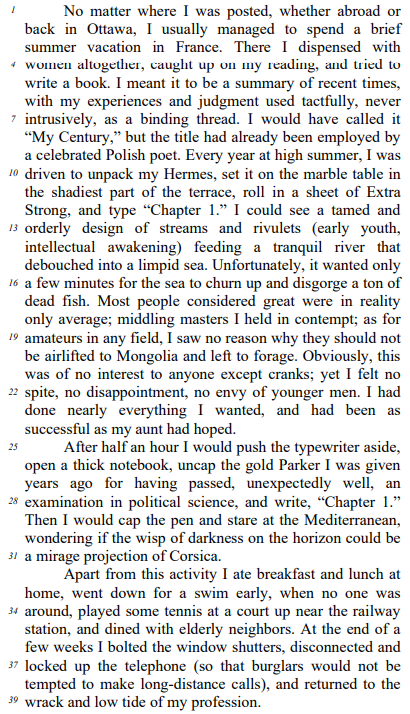Text
ESL Teaching and Post-Pandemic: What Changed?
Altiné Moumouni
The pandemic that started in 2019 has shaken the world, and it
has transformed the way we interact, the way we work, and even
made us appreciate the simplest things we took for granted.
1. Pandemic creates shortage of qualified ESL teachers
Currently, there are still fewer ESL teachers willing to travel
abroad and teach ESL. At the same, countries like the USA
experience a massive reduction in ESL teachers. About 44% of public
schools in the USA declare they need at least one teacher, and 61%,
particularly of these vacancies, are due to the COVID-19 pandemic,
including 51% resignations and 21% retirements (Source:
Usnews.com).
2. Pandemic increases uncertainty among ESL teachers
The pandemic increased the level of uncertainty as nobody
actually knows what will happen next. The best way to prepare is to
invest in yourself and become a better teacher.
3. Parents may experience income reduction
Most countries, including the USA, will experience postpandemic recession, reducing households’ discretionary spending for
education. This may lead to fewer private tutoring jobs available for
ESL teachers. In addition, some ESL students may need to drop out
of school to support their families.
4. ESL teachers less sure about teaching as a career
A study from the Brookings Institution found that, during the
pandemic, teachers have become less confident about their career
choices. The researchers found that many teachers considered
leaving or retiring during the 2020-2021 academic year.
5. Pandemic increases role of technology in ESL learning
One of the biggest issues is the increased role of technology in
ESL learning. In most western countries, including the UK, Canada,
and the United States, many ESL students have at least some access
to electronic devices and internet.
(Adapted from https://www.tefl.net/elt/articles/home-abroad/esl-teaching-post-pandemic/)

